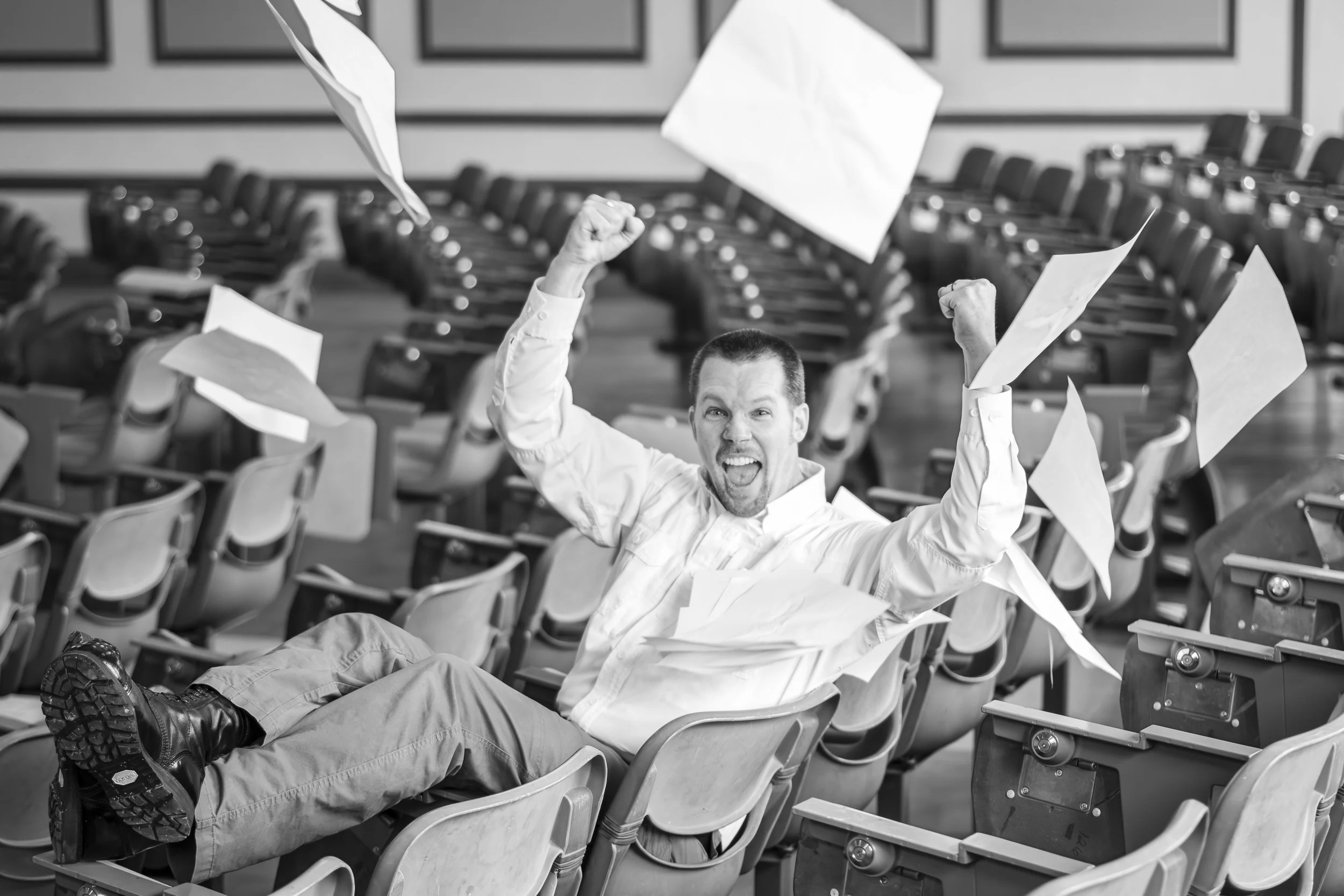Cory W. MacNeil is a photojournalist committed to long-form stories, a theory and principles based visual designer in many mediums from print to web, and a media sociology scholar.
He received first place in Missouri Press Association Better Newspapers Competition for writing and a University of Missouri fellowship supports his current photographic work.
He has designed visual products from news websites to magazines to books.
He earned his Ph.D. in media sociology from the University of Missouri and has been published in top-tier, peer-review journals.
